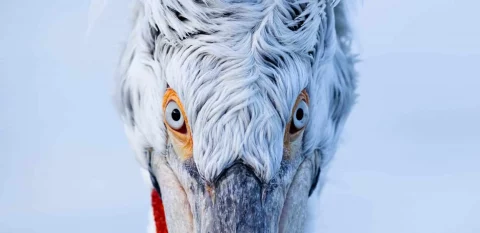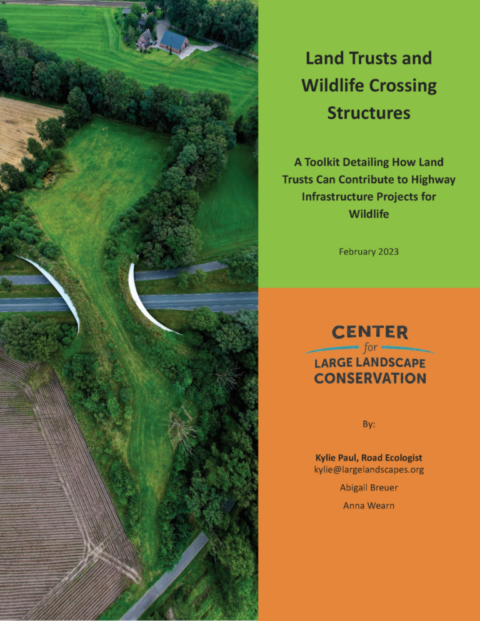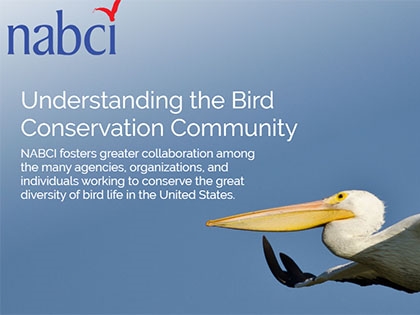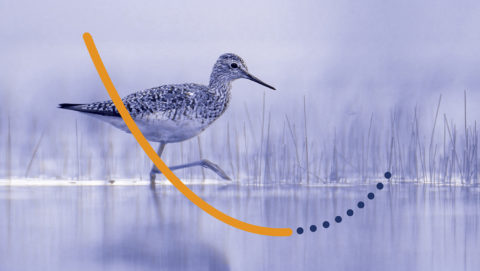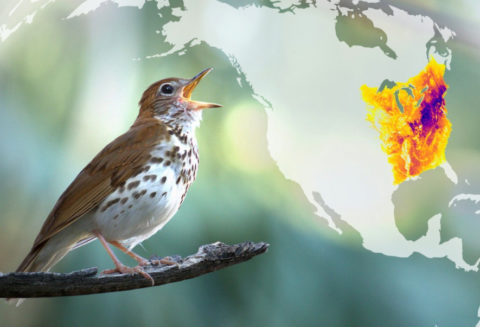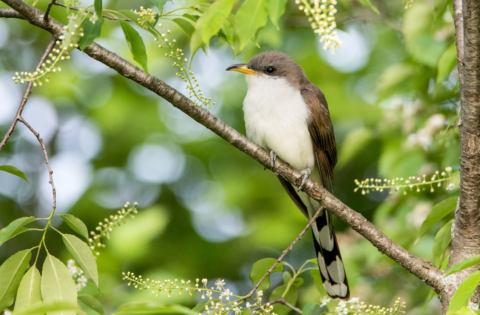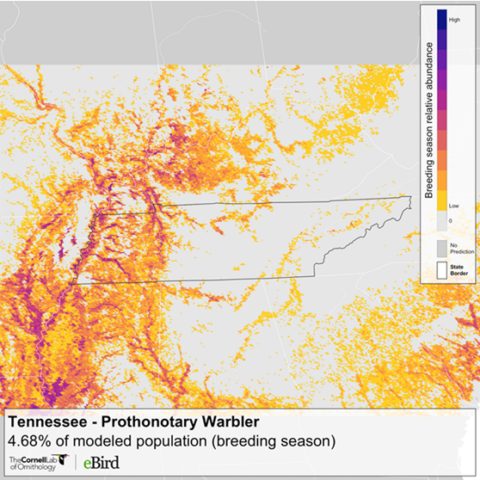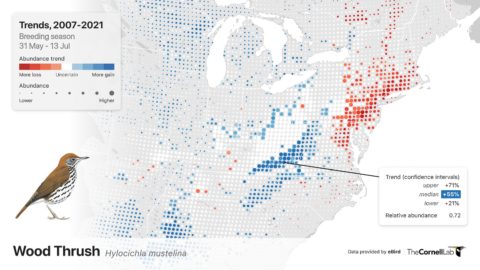This section provides information about bird conservation partnerships and plans. Many, but not all, of these plans are split into four bird guilds: landbirds, shorebirds, waterbirds, and waterfowl. The plans provide information about the most important species, habitat needs, and necessary conservation actions at multiple scales. Further, the partnerships offer many other resources that may be useful to land trusts.
 State of the World’s Birds Report 2022
State of the World’s Birds Report 2022The fifth edition of BirdLife’s flagship State of the World’s Birds report summarizes what birds, as metrics for planetary health, can tell us about the state of nature, the pressures upon it, and the solutions in place and needed.
 Land Trusts and Wildlife Crossing Structures Toolkit
Land Trusts and Wildlife Crossing Structures ToolkitThe Center for Large Landscape Conservation published a 29-page Land Trusts and Wildlife Crossing Structures Toolkit in 2023, which explores how land trusts can engage in wildlife crossing projects.
 ShorebirdViz: Track Shorebird Migration on Your Land
ShorebirdViz: Track Shorebird Migration on Your LandShorebirds make some of the longest migratory trips in the bird world, with some species travelling from South America to Alaska every year and seeking wetland refuge throughout their journey. To better understand shorebird movement and relative abundance, the Cornell…
 NABCI Relevancy Toolkit
NABCI Relevancy ToolkitThe North American Bird Conservation Initiative offers a relevancy toolkit that demonstrates how bird conservation can contribute to a diverse set of economic interests, human health, clean air, and clean water.
 2022 U.S. State of the Birds
2022 U.S. State of the BirdsThe State of the Birds 2022 report sounds an alarm about steep population losses in virtually all habitats. The report identifies 70 Tipping Point species that have lost half or more of their breeding population since 1970, and are on tract to lose another half or more in the next 50 years.
 Download eBird Data
Download eBird DataeBird has open data access products available in several formats that can be helpful in your strategic conservation planning, scientific modeling, and analyzing data from your land trust hotspots. Note: You must have an eBird account and be logged in…
 eBird Trip Reports
eBird Trip ReportsLooking for new ways to tell stories on your land? eBird Trip Reports are a great way for land trusts to engage the birding community and share birding stories.
With eBird trip reports, birders can compile their eBird checklists to make…
 eBird Abundance Maps
eBird Abundance MapsAbundance maps illustrate the relative abundance patterns of bird species throughout the year. For example, this information includes where a bird breeds, migrates, winters, or stays year-round. Abundance maps can be viewed for a bird’s full annual life cycle or…
 State-level eBird Data Summaries
State-level eBird Data SummariesThe eBird state-level data summaries are downloadable data products from eBird Status and Trends that provide summaries at a state level for relative abundance and population metrics. “Relative abundance” is defined by eBird as the count of individual birds of…
 eBird Status and Trends
eBird Status and TrendsSee seasonal abundance patterns that reveal migratory pathways and when and where species occur as well as where bird populations are increasing or decreasing at local and regional scales. Building knowledge about status and trends will also help us answer questions about climate change, using birds as environmental indicators.



